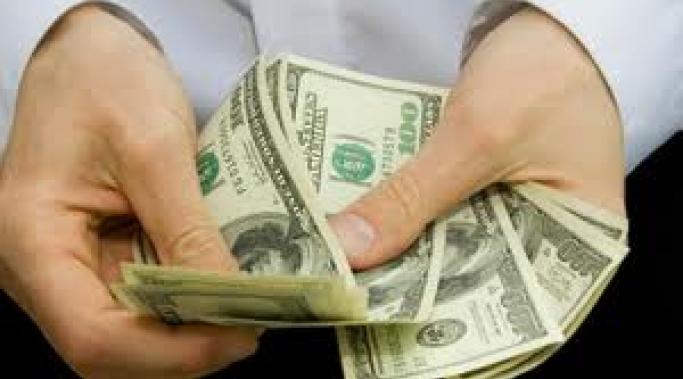This is not to say that anger is not real or normal. It is. And often justified. But anger comes second after a primary emotion comes first. Sometimes that primary emotion isn’t even recognized or realized because it is below the surface.
Imagine a tree, with its trunk and branches tall and large above the ground, and the roots under the Earth. What do those roots do for the tree? They feed it, right? So imagine the trunk and branches are the anger on your outside, the part that people see. But below the surface is the root of the anger, fueling it. If a student was walking down the hall at school and someone tripped him, he might jump up in anger ready to fight, angry. But right before that, he might have felt embarrassment. If a teenager is late for curfew and her parents have been pacing the house, when she walks in late they might argue and be mad and punish her. But right before that, they were worried. There can be any number of emotions below that surface that trigger anger, and depression is one of them.
Depression Treatments
You walk into the counselor’s office to talk about your depression. Your symptoms include fatigue, poor concentration, decreased libido, moodiness, sleep disturbance, appetite change, nervousness, disorganization, relationship conflict, irritability, poor work performance, withdrawal from others. Yep, your counselor agrees, you have symptoms of depression. The next step should be to figure out WHY you have these symptoms of depression.
Something triggers a bad day. A poor night’s sleep. Receiving bad news. Stress at work. Relationship worries. It could be anything. We would hope that if we are going to be upset, it would stick to that one trigger and we can figure it out and get over it. But it doesn’t work that way, does it? Depression is a sneaky little monster that whispers negative, depressing thoughts in your ear, feeding and fueling itself, and pretty soon you are not just thinking about what triggered you, you are spiraling, going round and round in your head about every other thing that has ever gone wrong in your life. Depression Monster wins again.
It has been nearly three weeks since my last of six ECT treatments. And I feel great! ECT (Electroconvulsive Therapy) may be the most controversial treatment that exists for mental illness. In my case, it was severe depression that did not respond to antidepressants and talk therapy.
I’m an impatient patient.
When I was first diagnosed with depression seven or so years ago, my doctor prescribed me an antidepressant medication, warning me that it might take 2 to 4 weeks before it made any difference.
Boy was that an understatement.
We get lots of Top 10 lists this time of year. So I’ve made up a list of my own. It’s the Top 10 Things I Know I Should Do to Battle Depression.
Driving through rural Alabama to a funeral recently, I saw a rare and really cool sight. A cropduster was plunging down toward a cotton field, spraying it with what I can only guess was some sort of herbicide. The deft pilot would swoop down just above the power lines, buzz the field and spray the crops, and then lift high into the air to avoid the tree line at the other end of the field.
It got me to thinking. That’s what psychiatrists must feel like. They don’t fly planes to treat their patients, but they must play a precarious game with the fragile mental health of patients like me who suffer from depression. It takes just the right balance and adjustments to keep our medications right.
You can’t put a price on good mental health. I might go broke, but that’s better than the misery of full-blown depression.
Depression is an illness. It is not a sin.
Some well-meaning Christians who have never experienced depression might tell us otherwise. They might tell us we’ll feel better if we just have more faith. They might even tell us that God has the power to heal our depression, so antidepressants aren’t necessary.
That is a dangerous and shallow view of mental illness.
Scientists say that our thoughts control our feelings.
So does that mean that our negative thoughts can actually spiral out of control into full-blown depression? Dr. David Burns says so in his book,”Feeling Good: The New Mood Therapy.” I found out about this book from my psychiatrist, who “prescribed” it to me for depression. They call it “bibliotherapy.”









